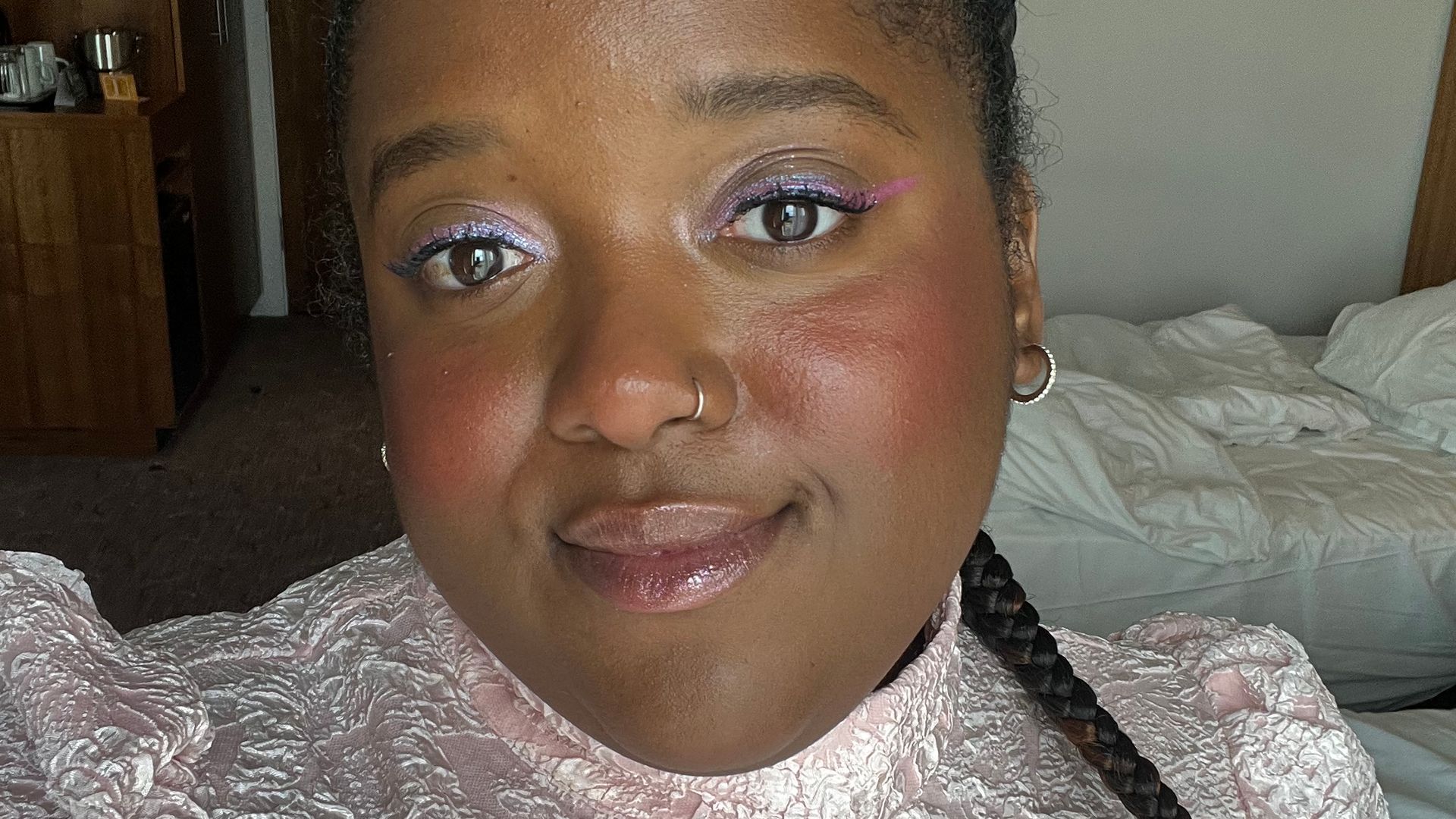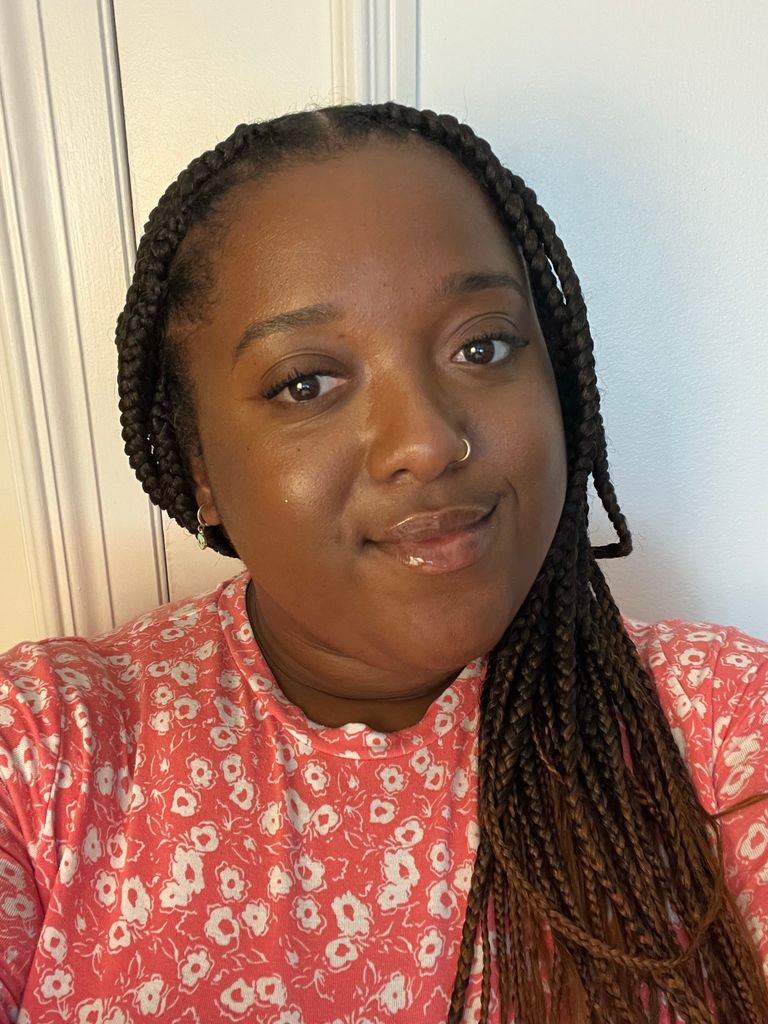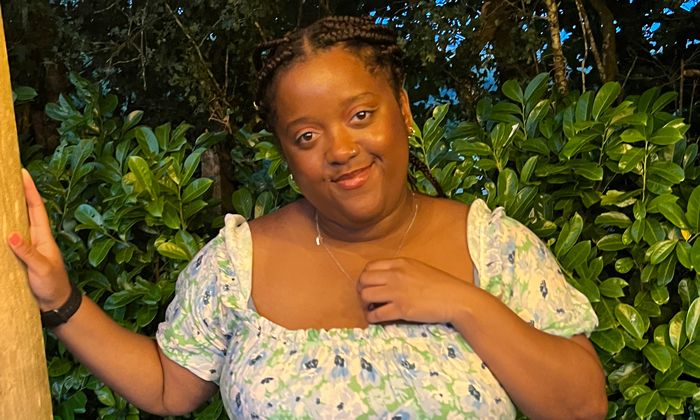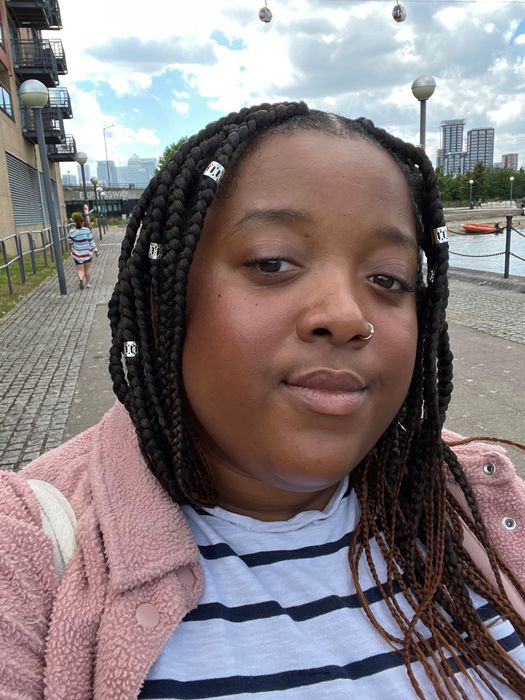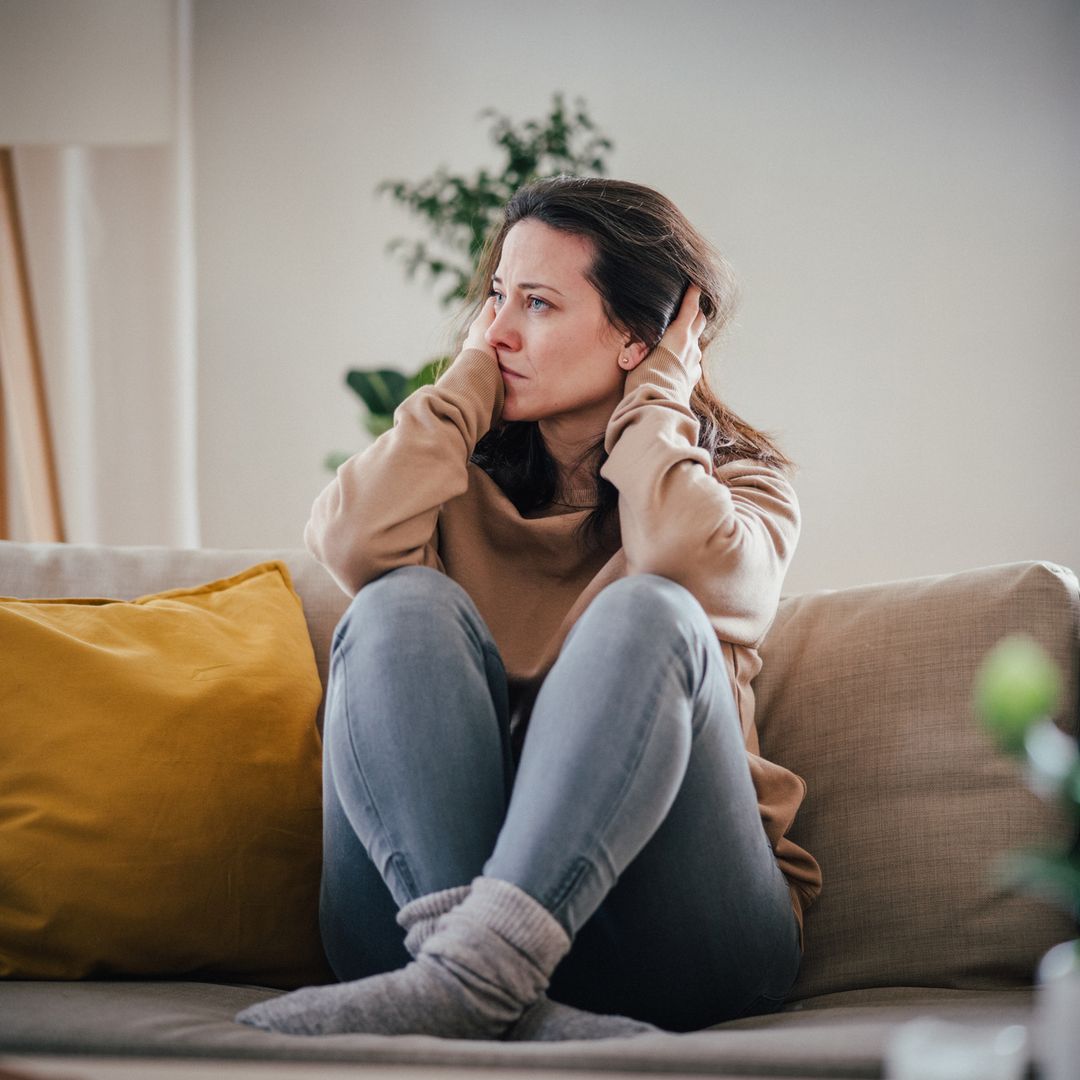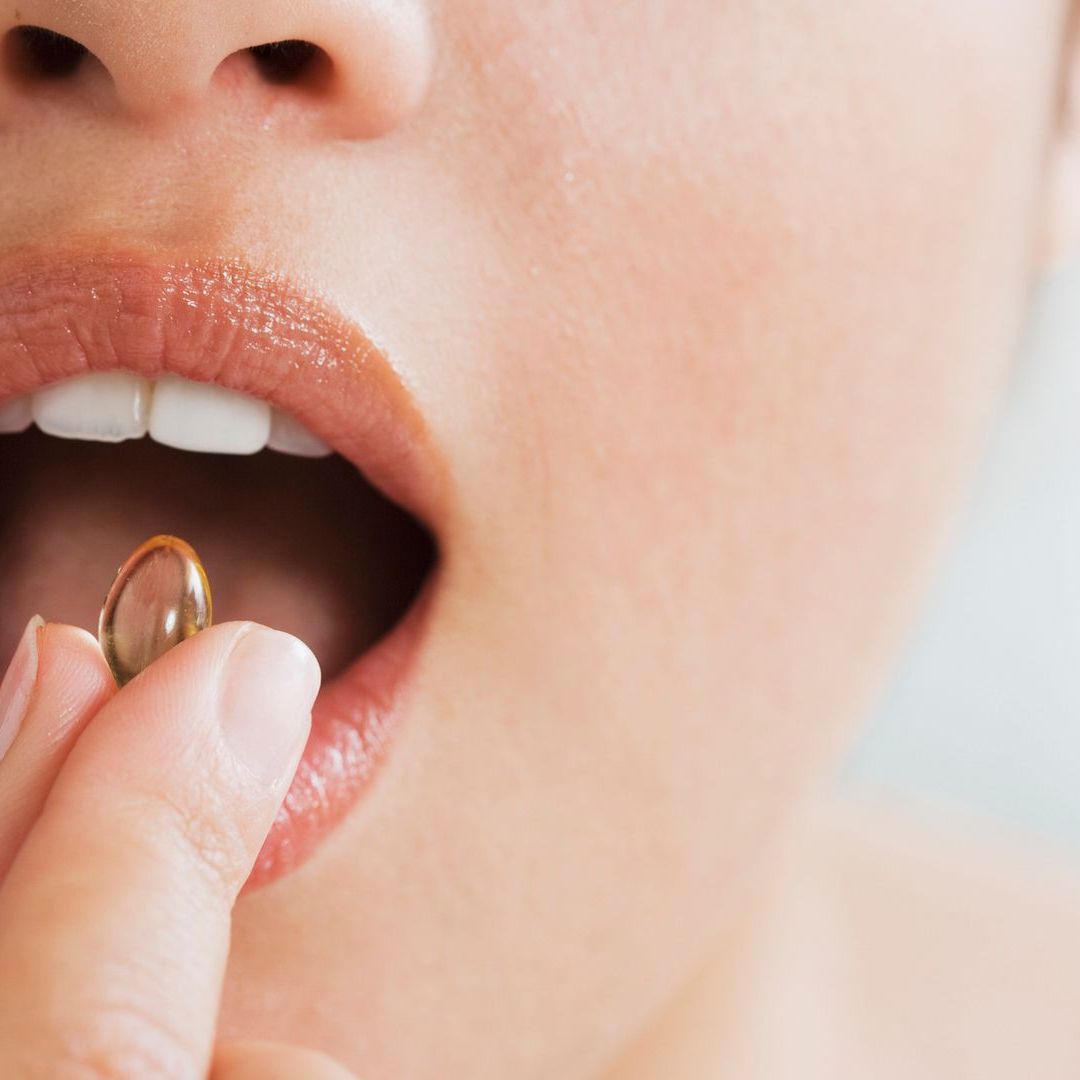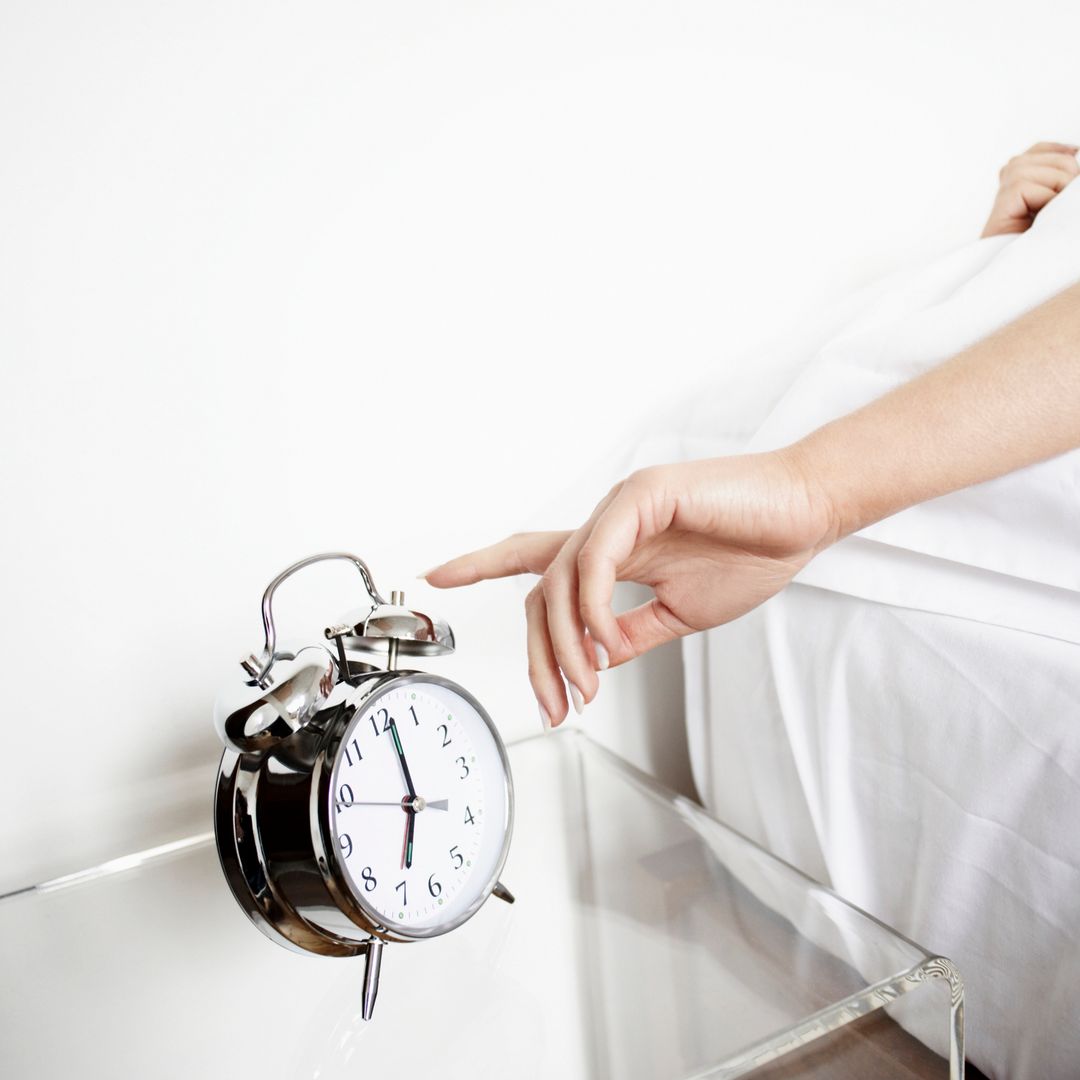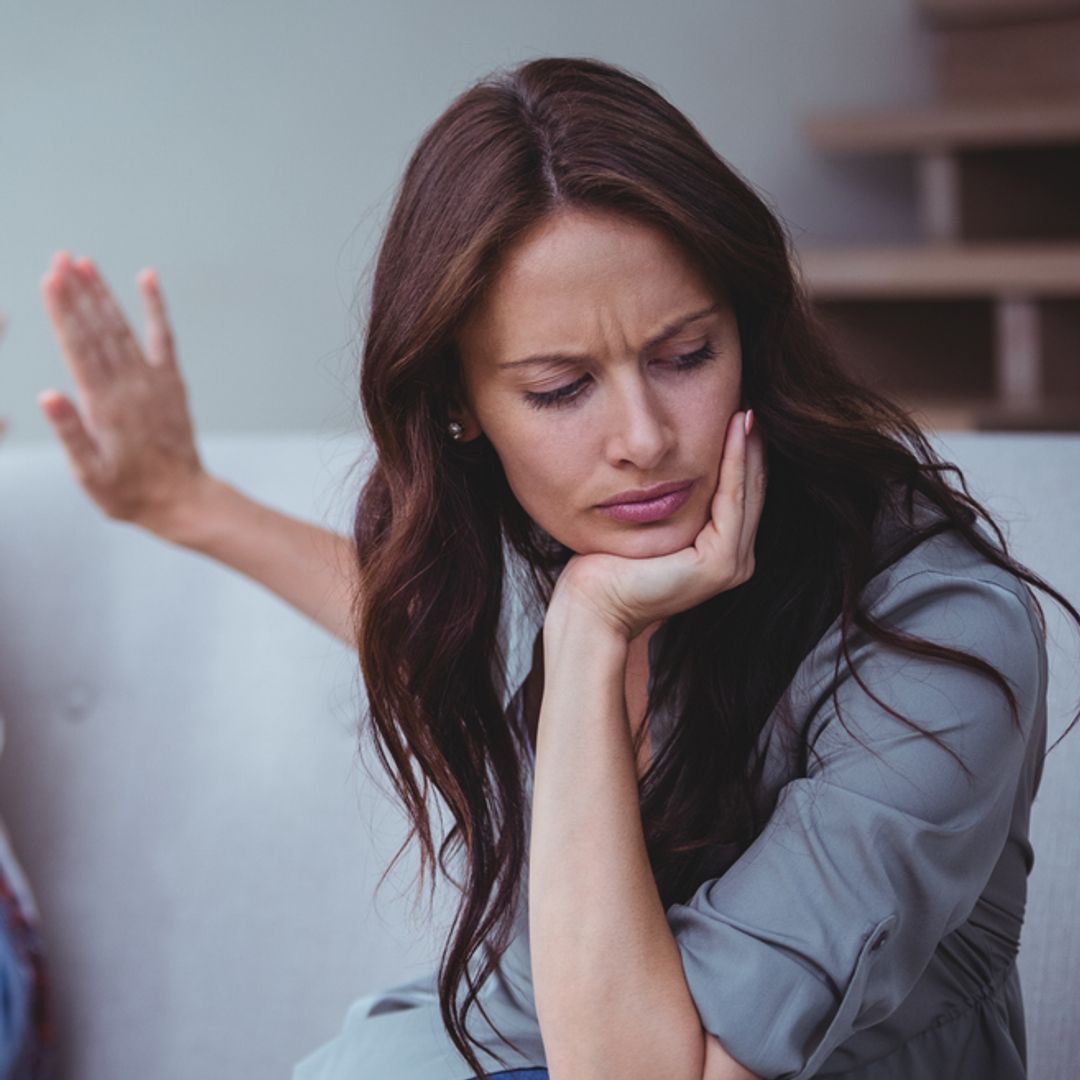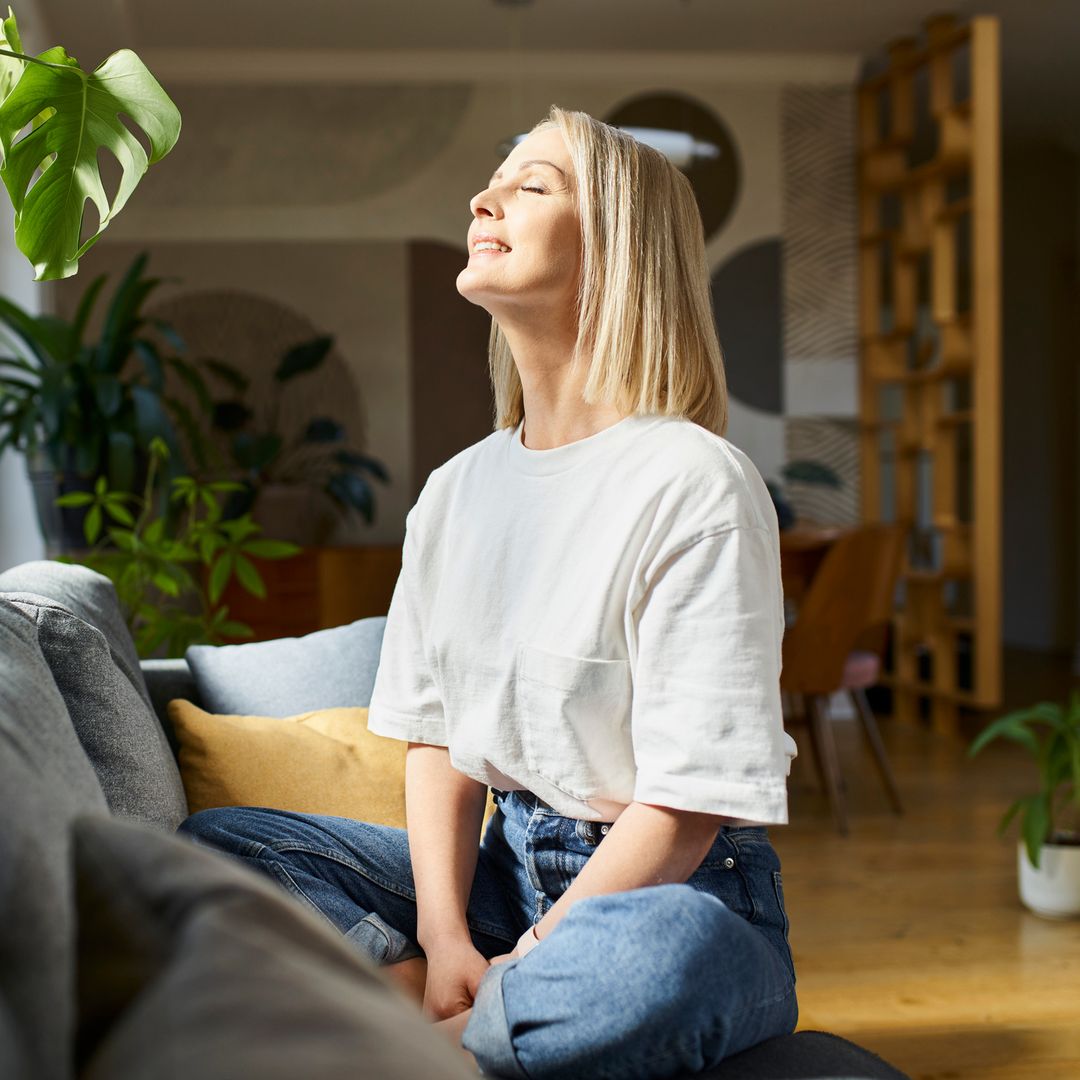When I turned 18 a decade ago, I dreamed of a new sense of freedom and an itch to explore what life had to offer.
Instead, I found myself in bed most days, trying to figure out how I’d suddenly forgotten how to breathe, fighting off intrusive thoughts as if my life depended on it.
My brain tricked me into believing that I was a burden to my friends and family and better off dead.
Before I knew it, weeks had passed and every waking moment was spent having panic attacks and questioning how my body could suddenly betray me. That’s the thing with bad mental health. It can come on so suddenly, and before you know it, it begins to consume your life.
I’d always been an anxious child, often sharing worries that shouldn’t have concerned me at that age. As I got older, I found myself managing to mask my anxieties better, passing them off as typical teenage worries. It wasn’t until I turned 18 and experienced my first full-blown panic attack that I realised the extent of it all. All the emotions I’d managed to bottle up for years suddenly came flooding back.
After multiple GP appointments, I was finally diagnosed with anxiety, depression and a panic disorder. After months of fearing the unknown, I had answers and I thought it would be a distant memory in a few weeks. How naive I was.
A decade of anxiety and depression
Admitting that I’ve had anxiety, depression and a panic disorder for a whole decade makes me feel embarrassed. Maybe it’s because I’m 28 and before I know it, I’ll be turning 30.
I feel there's a pressure to have your life together in your 30s, so where exactly do mental health issues fit into that? Thankfully, I’ve slowly realised that my mental illnesses in no way define me.
Mental health also doesn’t discriminate against age, so whether you’re 18 or 35+, it can still suck.
In the past 10 years, I’ve built up a toolkit of ways to look after myself when I feel my mental health slipping. However, for full transparency, some currently work for me and some have worked in the past but don’t currently, and I’m realising that’s okay.
Please don’t be disheartened if some of my tips haven’t worked out for you. Everyone is different and things that work for one person won’t always work for everyone else.
The one thing I can, however, assure you of is that you’re loved and absolutely in no way a burden. I know mental health issues can make you feel alone, but there’s always support out there and an ear or two to listen.
MORE FROM VANESE: What holidaying with my ex taught me about relationships
How I manage my mental health
1. Skincare
I’ve spoken about how my beauty routine helps pick me back up when I’m struggling with my mental health, and almost a year on, I can safely say this is still the case. I truly love nothing more than popping on one of my favourite comfort shows or scrolling through TikTok videos while lathering my face in my favourite cleansing balm or doing a lucky dip with my stash of serums.
When I can, my current routine consists of a double cleanse, serum, eye cream, and moisturiser, and on the days when the world feels too heavy, wipes and makeup remover will suffice.
2. Therapy for mental health
Therapy has been my saving grace several times, and other times I’ve struggled.
When I was at university I could easily attend and book my sessions around the days I was studying and in lectures, so there wasn’t any clashing.
READ: I'm a therapist – this is the one thing I tell all my clients about stress
In recent years, I’ve turned back to therapy on a few occasions and have personally had some not-so-great experiences, including my therapist forgetting sessions.
One thing I like to remind myself of when I reflect on things not working out with my previous therapists is that you do have to shop around and find somebody that you feel you can gel with. It might not always be an easy process, but the right professional is out there for you, as they are for me too.
3. Medication for mental health
Medication and I have been on a journey together, with lots of trial and error. It’s true what they say, what works for one person might not work for another.
I’ve tried a handful of different antidepressants over the years, starting with Sertraline and having a full-circle moment back on the drug now, despite being adamant that I’d never try it again.
Again, medication is such a personal choice, one that shouldn’t be taken lightly.
4. Journaling for mental health
From memory journals to notebooks, I’ve found scribbling down my thoughts to be a big help.
On days when I feel like a complete burden to friends and family, jotting down thoughts or manifesting the things I deserve becomes a crucial support outlet.
DISCOVER: This 10-minute daily ritual helped me overcome trauma and changed my life
5. Communicating
It may sound basic, but something I’ve learned in the last few years is that some days are a lot harder than others, especially when my social battery is pretty much non-existent and my anxiety is on high alert.
So, with the knowledge that I have an incredible support system, I take much-needed time out and communicate to the people around me that I’m struggling and need time to myself.
Communicating (while it can be tough) helps me to not overanalyse how people around me will interpret my silence and resting time. I’m someone who often gets in her head about every little detail, and it can truly be exhausting.
With that said, communication can still feel like a lot on some days, so I try not to beat myself up if my communication style isn’t the best at times. I know, and the people around me know, that it’s never done with malice.
6. Self-reflection
The most important thing in my mental health toolkit is some good old self-reflection.
A decade is 10 years, 120 months, and 520-ish weeks, and for all that time, I have remained alive despite the hardships that come with suffering from mental illnesses.
So when the hard times hit and I’m finding it difficult to stop my mind racing or I feel like giving up completely, I can look back on the past 10 years as a reminder that I have many more decades left in me.
